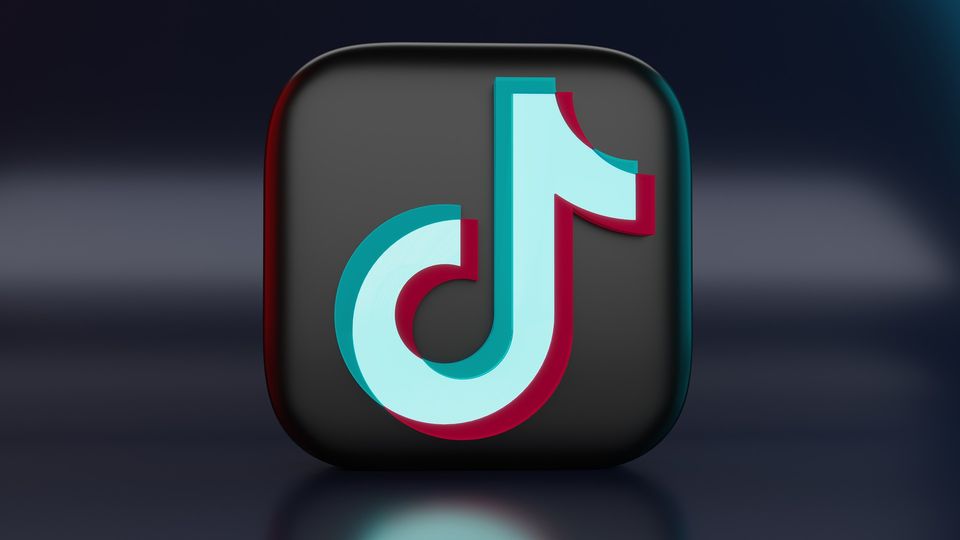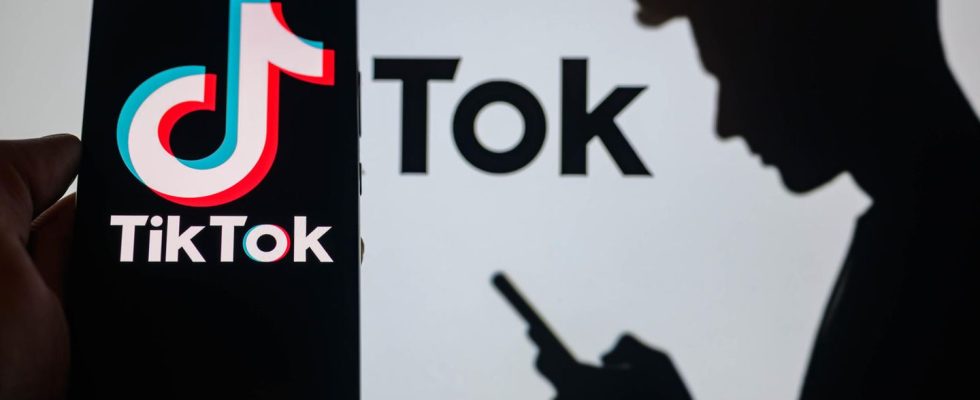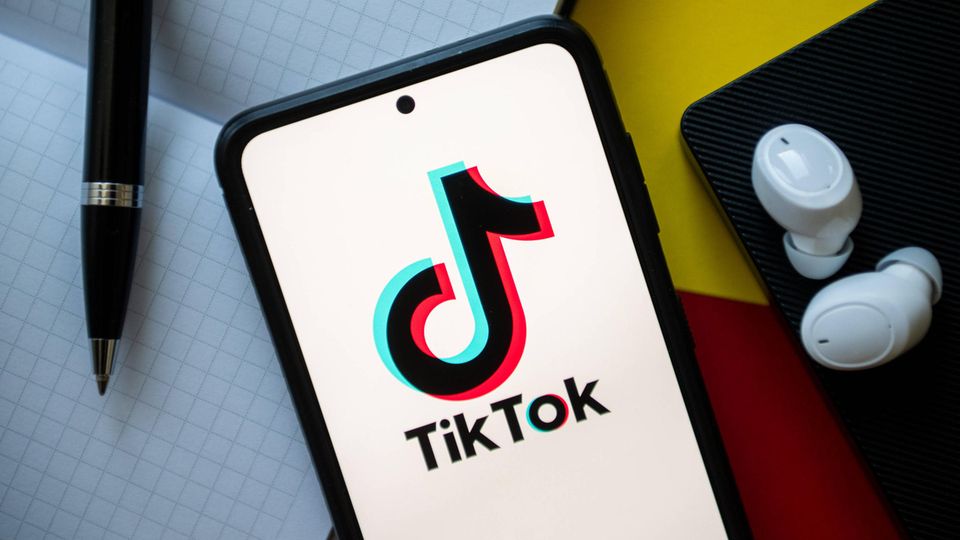Tiktok is the most used social network – it is now facing a ban in the USA. Even in the best case scenario, the app will change drastically as a result.
Whether for fashion tips, the latest social hype, politics or quick entertainment: there is no way around Tiktok for the younger generations. But hard times lie ahead for fans of the hype app. Because Tiktok as we know it will soon be a thing of the past. It will happen in a year at the latest.
Tiktok operator Bytedance has nine months to remove its US business from the service and sell it, according to a law that has just been passed. If there are “serious” purchase negotiations, the law provides for an extension of the deadline by another three months. Then Tiktok must be American – or it will be banned there. European users are also likely to feel the consequences, regardless of whether the app is sold or banned.

“Instrument of hybrid warfare”: German politicians also speak out against TikTok
01:30 minutes
Tiktok cultural power USA
With almost 150 million users, Americans are by far the largest Tiktok user group in the world. If the law is implemented, not only will the largest user group be eliminated – but also the most culturally influential in the West. For the other users, it almost doesn’t matter whether the platform is sold or banned altogether: they will lose access to US Tiktok anyway.
This will drastically change the dynamics of the platform. With a few exceptions, almost all of the most followed accounts come from the USA. Trends, memes and cultural phenomena often first emerge in English-speaking US TikTok, then spread around the globe. A loss of American users would therefore not only limit the size but also the cultural diversity of the platform. Of course, this does not mean that these phenomena no longer occur. The new Tiktok will certainly not be like it is now.
One of the most exciting questions will be how the influencers deal with the development. They also have to be prepared for changes – on both sides of the digital wall. Ultimately, US influencers also lose huge amounts of followers, even if the extreme case of a ban does not occur. If the cuts are too harsh, these users are likely to look for alternatives – and their millions of followers with them. This could lead to a migration of users to other platforms on which these influencers are active. Competitors like Instagram are probably already in the starting blocks to persuade the most important players to switch.
What does forbidden actually mean?
Whether this happens also depends on the specific implementation of the ban. According to the New York Times, the draft law simply states that the app can no longer be distributed on iPhone and Android. He does not plan for it to be actively removed from devices that are already in use. But that would mean: Anyone who has already installed the app in the USA can simply continue to use it – even after a ban. The extent to which the content can then be monetized through advertising and collaborations is another matter. There would be no more updates either. At some point the app would probably no longer be usable.
The question of the heart of the app is also unclear. Thanks to its sophisticated algorithm, Tiktok can identify users’ interests like no other app and then show them suitable new content. A successful sale would also have to contain the algorithm. Whether Bytedance wants to publish it is another matter.
There are open questions about the US law on Tiktok
The law has just been confirmed in the House of Representatives and must now be signed by President Joe Biden, who has already announced his approval. Bytedance announced legal action before the signing: The law restricts users’ freedom of speech, the company argues. The chances are not that bad, various US media report.
But even if Bytedance loses, a lot is still open – such as who should actually buy the app. There are big names in discussion with Microsoft, Meta and Apple, but no one knows whether they really want to try it after Microsoft’s failed attempt to buy it in 2020. Microsoft CEO Satya Nadella called the failed purchase “the strangest thing I’ve ever worked on” in an interview. Many other interested parties are likely to be able to raise the capital – sums of up to 40 billion euros are in question. Whether they would then be able to run the business is a completely different topic.
And then there is the question of whether the sale is even permitted by other parties. Because the algorithm comes from China, Beijing could simply ban the export of the software. Then you could perhaps take over the app and its user base, but the real reason for its success would be denied to buyers.
Tiktok as a national danger
It remains to be seen whether the USA will be happier in the end. For Americans, the law is about nothing less than national security. Even compared to data vacuum cleaners like Facebook, Tiktok is extremely curious and evaluates all data about users. The fact that the app is not operated by an American company but by a Chinese company raises even more alarm bells for its arch-rival.
This is specifically about fear of the Chinese government. “While our social media platforms have faltered in their response to foreign influence operations, there has never been any concern that they are operating at the direction of foreign adversaries,” Intelligence Committee Chairman Mark Warner said before the vote. “I can’t say that about Tiktok.”
Some experts even doubt whether the goal of data protection will be achieved through a sale. “If the Chinese want Americans’ data, they don’t need Tiktok,” explained law professor Alan Z. Rozenshtein at “Lawfare.” Because the data is traded there virtually freely, you can easily buy it. Instead of a ban, many experts believe that a data protection law like the GDPR would solve the snooping problem much better. The fact that the EU itself is struggling with the platform and wants to investigate the addictiveness of a new Tiktok feature (you can find out more here) almost seems like a side note.
Sources: White House, New York Times, CNN, Wired, Reuters, Platformer, Lawfare


